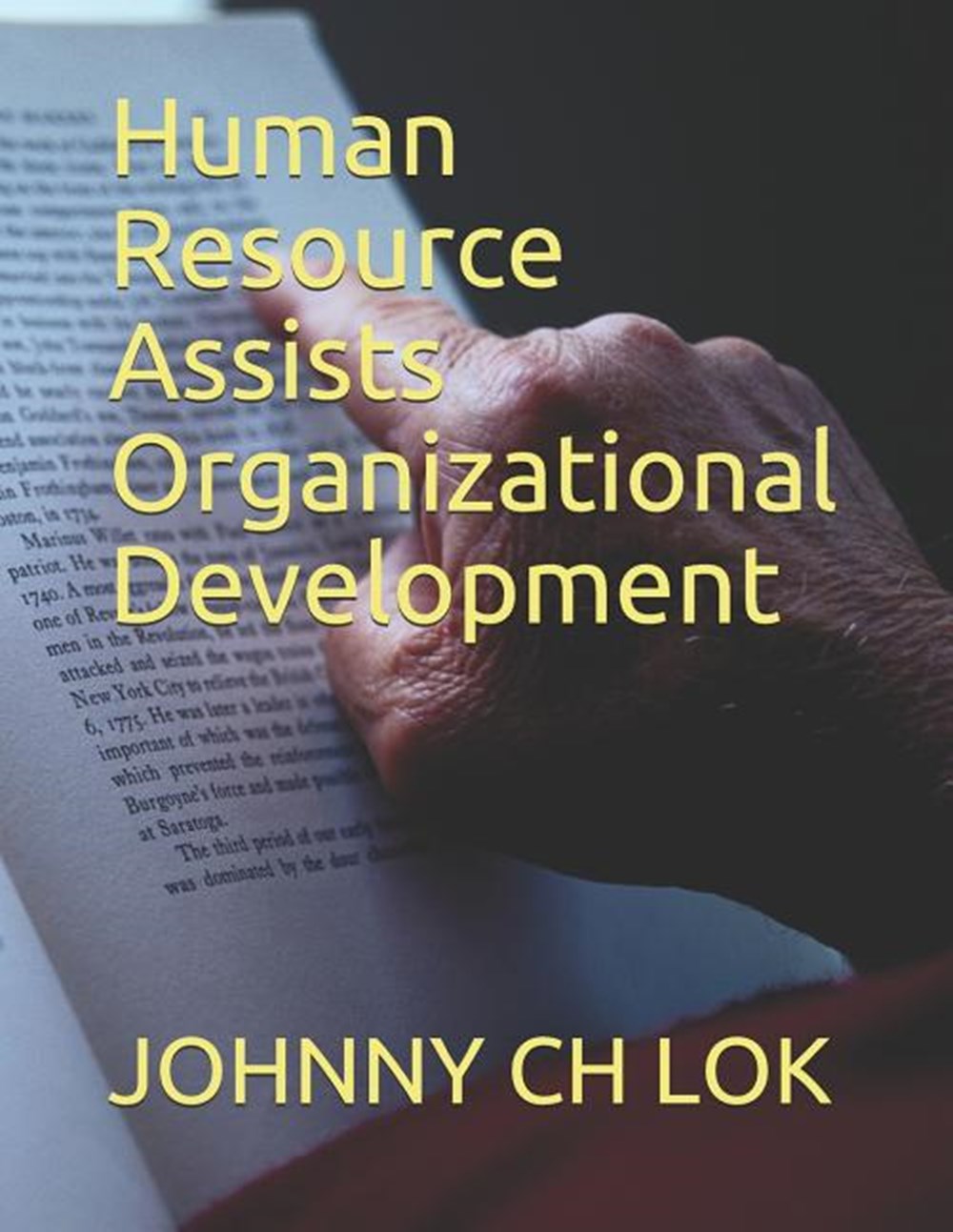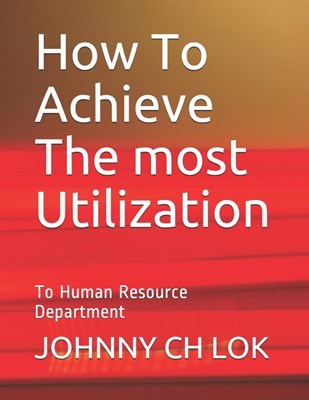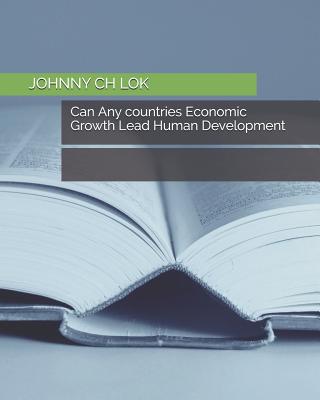
Human Resource Assists Organizational Development
This new strategy therefore recognises both the demand and supply side HR issues, acknowledges that HRD is needed to implement from the foundations of early childhood development right through to labour market entry, recongizes systemic challenges as to successful HRD policy implementation, located HRD in the development issues, such as poverty, inequality, high unemployment levels.
| Quantity | Price | Discount |
|---|---|---|
| List Price | $140.00 |
Non-returnable discount pricing
$140.00
Book Information
| Publisher: | Independently Published |
|---|---|
| Publish Date: | 03/23/2019 |
| Pages: | 350 |
| ISBN-13: | 9781091311459 |
| ISBN-10: | 1091311455 |
| Language: | English |
Full Description
This new strategy therefore recognises both the demand and supply side HR issues, acknowledges that HRD is needed to implement from the foundations of early childhood development right through to labour market entry, recongizes systemic challenges as to successful HRD policy implementation, located HRD in the development issues, such as poverty, inequality, high unemployment levels. However, instead of develop countries feel HR development need. Most developed countries are also implementing a systematic strategy for HRD in support of economic growth and developments. They both feel need. It is perhaps due to the flexibility and capacity of workforce to adhust speedity and capacity of workforce in technology, production, trade and work organizations. Consequently, the ability to respond to these changes with speed and efficiency has more becaue the area where many countries seek a competitive advantage.However, South Africa country feels it is very serious mismatch between the supply of and demand for skills in the South Africa labour market. So, it's HRD innovation main aim is to improve future itself country's society to reduce the mismatch problem to be serious between the supply of and demand for skills in the South Africa future labour market. So, such South Africa 's inequal supply and demand for human resources in labour market case, the South Africa government is implementing a high and intermediate level skills strategy on the supply side of high education level of labour to be provided in South Africa labour market as well as a demand strategy that is stimulated large-scale labour absorbing employment growth supported by a appropriate inputs of law-level skills training in order to satisfy future public or private organizations' labour demands.Hence, higher education and training development will be South Africa future educational development trend in order to raise South Africa local high education knowledge level graduates number to be enough supplied to local labour market. It does not South Africa employers need to make decision to give high reward to attract overseas high educational level job competitors to go to South Africa to do any local employers' jobs. It may raise local South Africa graduates' competition in future Soutch Africa labor market. It will bring negative raising unemployment influence to South Africa high education level local graduates. The developed countries, such as US, UK, they have high quality of educational enough institutions to provide local students to learn different kinds of subjects, e.g. law, accounting, engineering, science, chemical, architecture etc. different kinds of professional subjects. Thus, these developed countries can have enough universities and lecturers number to provide local students' learning needs in order to find any kinds of professional jobs in local labour market. Thus, the important difference between developed countries and developing countries' labour market is that developed countries' local high education level job applicants supply number is enough to satisfy local employers' high education level labour demand number. So, in general, the developed countries' reward is needed to compensate to graduated employees, the reward number can be lower level to compare developing countries' employers.











